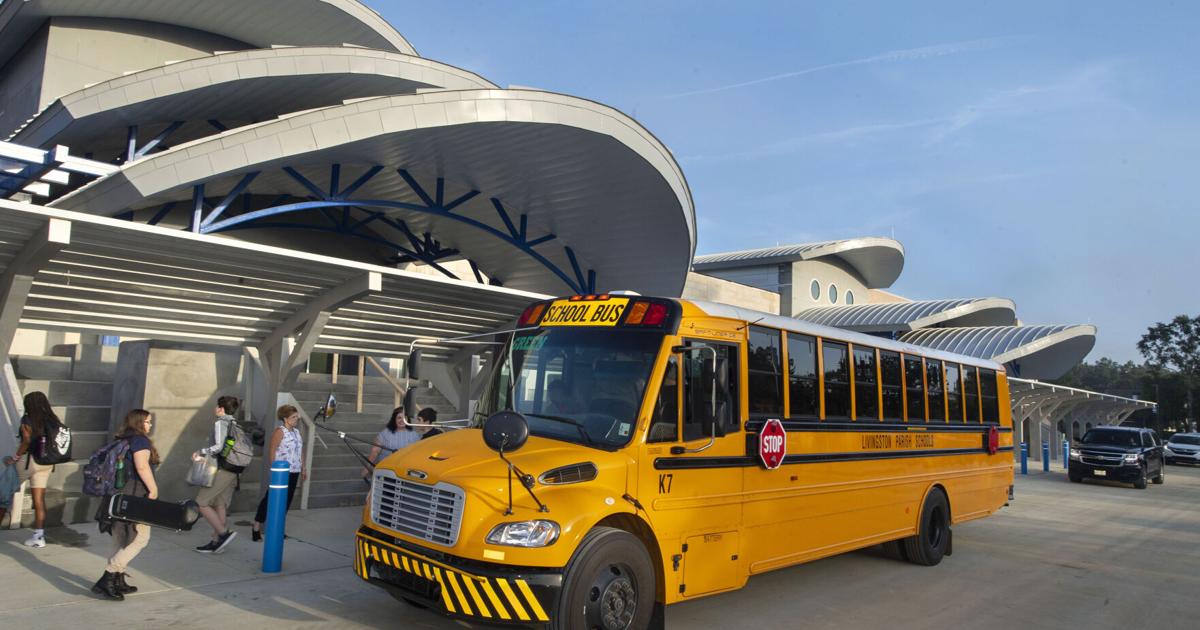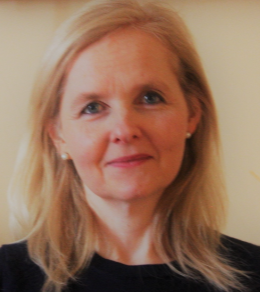When the Livingston Parish School Board passed a resolution opposing critical race theory and “other race-based training,” the goal was not to halt any teaching currently underway in parish classrooms, but rather to prevent such rhetoric from entering them, according to the board member who proposed the measure.
The school board’s resolution, which passed last week without opposition or public comment, was partially for members to declare a stance on what has become a highly divisive issue in many parts of the country, as well as a move to ease the minds of concerned parents, according to Devin Gregoire, an outgoing board member.
“It’s more of a preventative measure. We already have been looking to avoid those pitfalls in our curriculum. We just wanted to put something down as policy to alleviate fears from the parents,” he said. “It was a unanimous decision.”
Critical race theory, defined loosely as a critique of race as a social construct that explores how race and racism function in society, has been around for decades but has only recently emerged as a point of contention in K-12 education. Nevertheless, school boards in districts across the country have litigated what “critical race theory” entails in recent years amid heightened political tension over the concept.
The theory is not taught in Louisiana’s elementary and secondary public schools.
Gregoire, who introduced the resolution, said the board has been looking for legal guidance to craft a policy on critical race theory after receiving an outpouring of strong opposition to the concept from parents. Last week everything fell into place, allowing them to move forward with their plan.
“Our overwhelming response from our constituency has been that they do not want critical race theory,” Gregoire said. “Every time something that even resembles it comes up, we’ve had opposition from the constituency.”
He clarified that although there have been lesson plans that may have been misconstrued and other minor questions, “as far as a standard and practice, it’s never been in Livingston Parish.”
Incoming school board members are also in support of the resolution, Gregoire added.
There appears to have been no public pushback in Livingston Parish against the resolution. But a similar measure that passed last month in St. Tammany Parish brought critics to the local school board meeting.
One audience member argued the resolution was “full of holes” and contributed to the teacher shortage by complicating what educators are permitted to teach.
Gregoire said the Livingston Parish School Board borrowed some of the language from St. Tammany’s resolution to use in their own, with St. Tammany officials’ permission.
“Pertinent instruction regarding history of racism and inequality in America should not purport to deliberately undermine race groups, student/family values, religious beliefs, or founding principles,” the Livingston Parish resolution says.
The text also underscores that teachers and other adults employed in the district should not engage in any type of academic materials not explicitly approved by the school board, adding that “political activism has no place in the professional development for teachers, administrators, or other employees and likewise has no place in the instruction given to the children entrusted to our care by the parents of this parish.”
Since the policy went into effect, Gregoire said, he hasn’t heard much from the public.
“I’ve heard a couple of positive comments about, ‘That was a good thing y’all did.’ Nothing substantial,” he said. “There hasn’t been an outcry. It’s not one of those things where everybody’s cheering and starting a parade and that kind of stuff. It’s more of a, ‘Y’all did the right thing.'”















